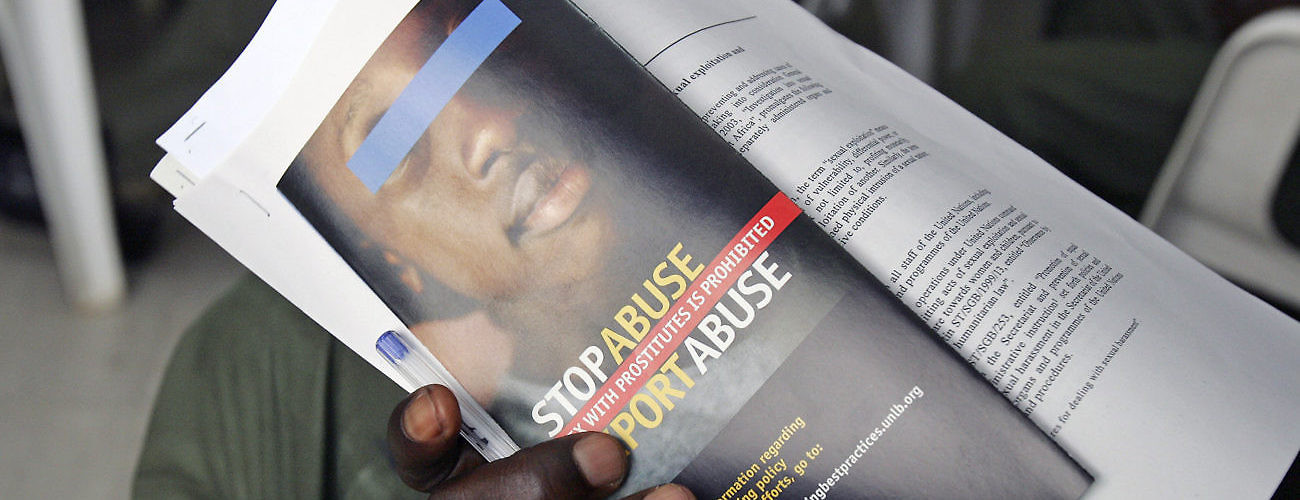Peacekeepers from the UN Operation in Côte d’Ivoire (UNOCI) participate in a sexual exploitation awareness training in Bondoukou, July 22, 2005. (UN Photo/Ky Chung)
UN peacekeeping has survived many crises throughout its history, but none has provoked such distinctive disgrace as peacekeepers committing sexual violence against those they are meant to protect. Two decades of incremental reform have not stopped sexual abuse by peacekeepers, and determined rhetoric has not translated into effective action. Against this backdrop, the UN Security Council broke its relative silence on this issue by adopting Resolution 2272 in March 2016.
This report analyzes Resolution 2272’s approach to preventing sexual exploitation and abuse in UN peacekeeping and examines the key debates and controversies that have accompanied it. It identifies nine implementation requirements flowing from the resolution and makes twenty-one recommendations for delivering them, including:
- Appointing an independent, impartial ombudsperson with a mandate to review and oversee UN actions on sexual exploitation and abuse in peacekeeping;
- Streamlining the UN’s cumbersome reporting processes and resourcing to enable easier reporting and more timely action;
- Improving the trauma-sensitivity of investigations and responses to sexual exploitation and abuse;
- Addressing underreporting and institutional opacity by substantially strengthening whistle-blower protections and establishing partnerships with local and international civil society organizations; and
- Requesting reporting on allegations of sexual exploitation and abuse against non-UN forces operating under a Security Council mandate.
IPI would like to thank the governments of Finland and Norway and the George Washington University for making this publication possible.








